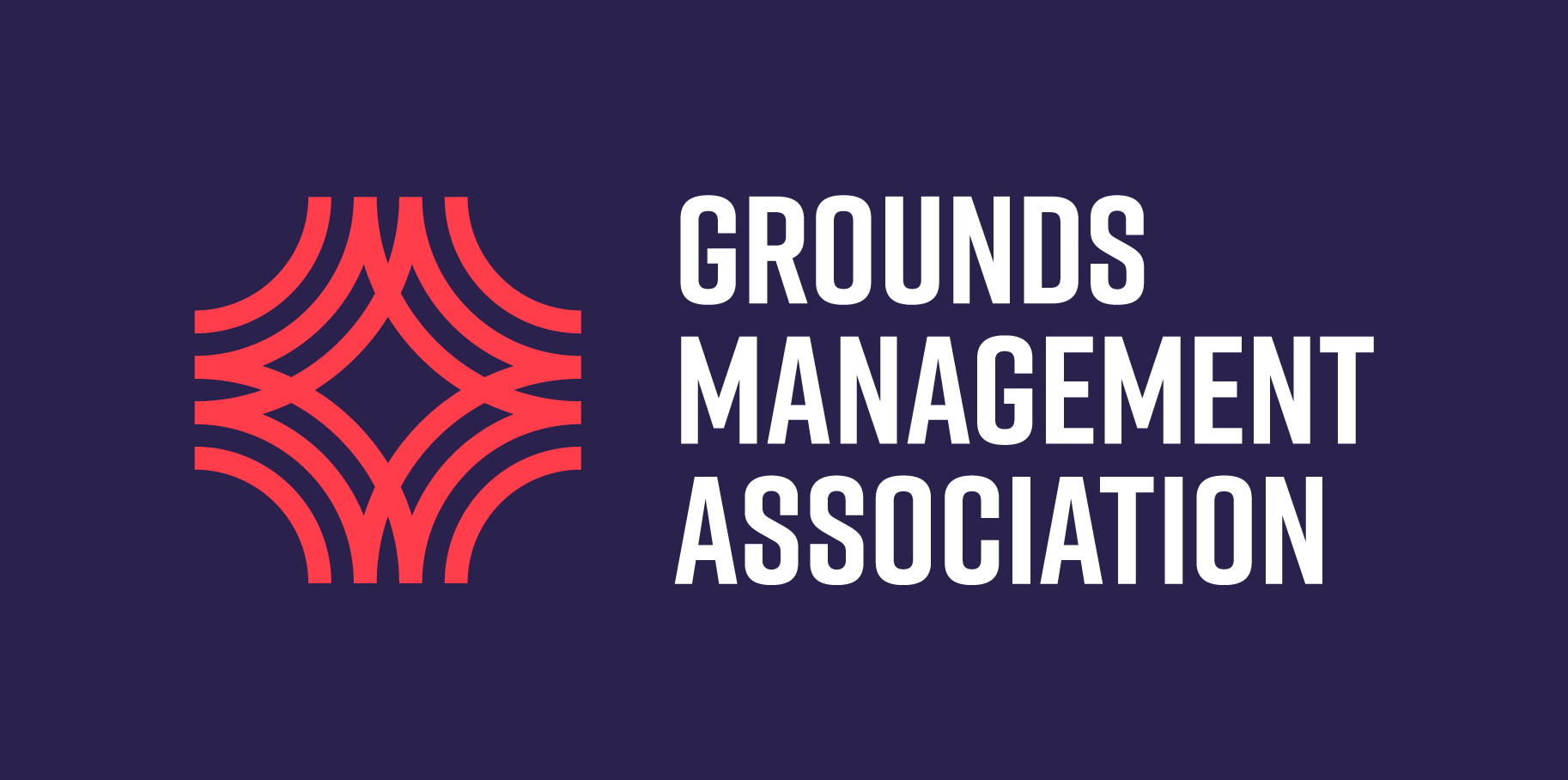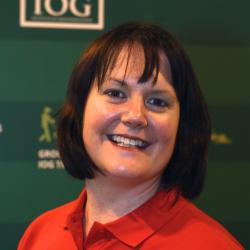If you have a question for the GMA that is not listed below, email communications@thegma.org.uk.
Updated 26 May 2022
With the expired deadline of changing from red to white diesel, why is the GMA still fighting for exemption well past the deadline. When Bigga secured this well before the deadline with ease?
Geoff Webb, CEO at Grounds Management Association:
“HMRC’s Reform of red diesel and other rebated fuels entitlement Policy paper published in November 2021 made clear that there would not be a withdrawal of an entitlement to use red diesel in sport. Despite the GMA meeting all deadlines for the consultation and providing clear evidence of the impact on the industry and sport at all levels, we were disappointed to find that this commitment had not been reflected in the published guidance.
“All turf surfaced sports grounds, including but not limited to horse racing and golf courses, football, rugby and cricket pitches, bowling greens and tennis courts, should all fall within the exemption criteria; as they are all sports. The GMA has raised this issue with officials at DEFRA, HMRC and HM Treasury, and we will continue to do so until the guidance is rectified. We understand and indeed share the frustrations of those working in the wider sports turf sector.”
With pay and conditions seemly at an all-time low what is the GMA strategy going forward?
Jason Booth, Chief Operating Officer at Grounds Management Association:
“Industry Workforce Development is a key strategic pillar sitting at the heart of the GMA’s new Five-Year Strategy; which will soon be shared with members and industry colleagues.
"We have undertaken research for many years on behalf of our sector, this includes the Sport’s Vital Profession report published in 2019, and the Back to Play white paper published last year. We will shortly be publishing findings from our latest survey that will reveal the impact of the pandemic and identify the issues we face now and in the future.
“The GMA has an important role to play in helping to attract and develop new talent. By better promoting and further professionalising the skills and expertise of grounds people, we are working hard to ensure the sector gets the recognition it deserves. Communications will be key to getting the messages out there, so we are investing heavily in enhancing our internal capabilities to support delivery of our strategy and achieve better outcomes for the sector.”
Why does the GMA continue to advertise jobs on the website below their recommended pay scales? Not doing so may not change clubs’ behaviour but surely it sends out the wrong message to its members.
Sarah Cunningham, Director of Commercial and Events at Grounds Management Association:
“The GMA jobs board provides a valuable service to those looking for jobs in the sector and to those with vacancies to fill. Advertisers use multiple platforms when promoting their vacancies and we are proud to offer the GMA jobs board as an important part of that mix.
“Unfortunately, it is not possible to enforce individual remuneration packages, this will always remain a decision for the employer. We do, however, publish an independently commissioned annual National Salary Framework, which provides the industry with a set of recommended minimum basic national salary levels. These guidelines are sent to all advertisers and we highlight them to those who advertise salaries that fall below the recommendations.
“We do not recommend a maximum level of remuneration as salaries can vary widely across different types of organisations. A grassroots club, an educational establishment, and a premier league football club, for example, are all likely to offer very different remuneration packages. GMA members can access the full report via their online member portal.”
Greenkeepers can request a special license to use insecticide. Is the GMA fighting for the Groundsperson so they can also use this product when there are no others apart from nematodes options, which provide very limited control?
Chris Gray, Technical & Learning Programme Architect at Grounds Management Association:
“The environmental and ecological benefits of switching from toxic chemicals to more sustainable solutions are clear and as an industry we acknowledge that we need to do things differently to move away from our historic reliance on insecticides.
“The GMA continues to work with the Amenity Forum and together, we hope that through increased education, innovation, and knowledge-sharing, we can support practitioners with the necessary information and training that will help to improve cultural practices to tackle problems with minimal use of chemicals.”
Worm casts are a major issue for a grounds person with clay within their soils. Cultural methods have very limited success, is this something the GMA are working on to help us find solutions?
Jason Booth, Chief Operations Officer at Grounds Management Association:
“The GMA appreciates that worm activity/casting is more of an issue in some sports more than others and can cause issues around playability and aesthetically.
“There are currently some environmentally friendly products out there and we are likely to see more come to market as manufacturers further invest in developing greener, more sustainable solutions and the GMA will support and assist in any research and development where appropriate and applicable.
“The GMA advocates the use of more environmentally friendly solutions and offers advice and guidance to members looking for ways to tackle the issue, which becomes notably more problematic in warm and moist weather conditions.
“For winter sports in particular, improving drainage and sandy top dressings to create a drier surface makes it easier to drag brush and regular raking and switching in winter really helps. Although, in wet areas where casts never dry enough to be easily raked out this can also be difficult.
“As well as the usual good practices of drag brushing, we also recommend boxing off clippings, keeping thatch levels low or removed, avoiding neutral reacting fertilisers, and using acidifying fertilisers and top dressings which are more acidic than neutral. Regular verticutting and raking as soon as the soil dries in spring helps break up old casts and should be done before any mowing to avoid smearing the casts before they are broken up.
“Members can visit the GMA website to ‘Ask the Expert’ should they have any technical questions.”
The GMA was founded in 1934 by W H Bowles BEM, head groundsman at Eton College. The first 11 founder members formed the National Association of Groundsmen which became the Grounds Management Association in 1969.
The GMA now has a history spoaning 80 years.
The original purpose was defined as being to improve:
- the status of groundsmen
- the standard of groundsmanship.
The founding members included:
ALBERT WILLIAM HURRELL - head groundsman (Manchester Grammar School)
DAVID ORMOND JENKINS - retired head groundsman
WILLIAM ROYLE - department manager
GERALD FIELD - head groundsman
ARTHUR GILLIGAN - retired groundsman
ARCHIBALD McTAGGART - head groundsman
LAURANCE WALTER WHITE - retired head groundsman
MICHAEL KINLOCK - head groundsman
LEONARD BADEN NASH - retired head groundsman
CYRIL CHARLES MOSLIN - head groundsman
WILLIAM HENRY GEORGE BOWLES - head groundsman (Eton College)
ROBERT JOHN CORBIN - horticultural parks officer
LESLIE CURTIS - retired head groundsman
CYRIL ARTHUR TURNER - head groundsman (Portsmouth Grammar School)
WILLIAM JOSEPH WELLS - retired head groundsman
ARTHUR IVOR HUGHES - retired head groundsman
PERCY MEREDITH PHILLIPS - head groundsman
HERBERT CHRISTMAS LOCK - retired head groundsman
LESLIE FRANCIS HANCORN - area uuperintendent
JOHN JONES - head groundsman
JOHN SMITH - head groundsman
RONALD ARTHUR BENTLEY - head groundsman
DAVID ALAN REES - head groundsman
LIONEL WILLIAM VICTOR ELDRIDGE - retired head groundsman
The GMA delivers its own qualifcations.
It is also an approved deliverer of qualifications for City & Guilds, the Scottish Qualifications Authority & Lantra
The GMA is not able to do this. Sports venues organise their own volunteers locally, this is necessary as they need to be responsible for their own health & safety issues and child protection. We may be able to put you in contact with someone who can help though.
You can join this website by clicking the 'Join Us' button on the top of each page. Check out each member category to find out which one best fits you. If you need further information or advice we'd be happy to talk you through. Telephone 01908 312511 or email membership@thegma.org.uk for more information.
Yes we have a number of overseas members. Sign up now to start taking advantage of the GMA benefits available to you.
Renewing your yearly subscrption to GMA membership is a simple process.
You'll receive an automated reminder in the 11th month of your membership period to ensure that you retain access to your full complement of member benefits and extensive use of the GMA's comprehensive technical library. Alternatively telephone 01908 312 511.
Click on the membership section within this website to find out which category suits you best and view the membership fees related to that category.
You can pay by cheque, BACS or credit card.
If you choose to pay by direct debit you'll receive a 10 per cent discount on your annual membership fee.
You should expect to receive your membership pack within 10 - 14 days from the date your membership has been paid.
lf your membership has lapsed please contact us on 01908 312511 or email on membership@thegma.org.uk and we can easily get you back on the system.
Please email gma@thegma.org.uk and someone will get back to you.

